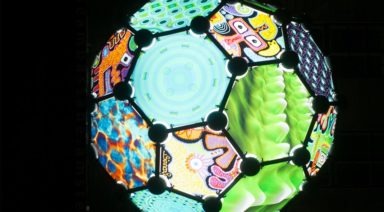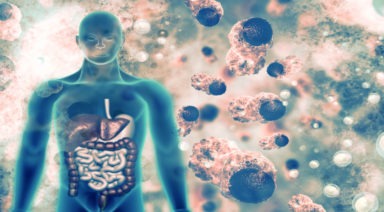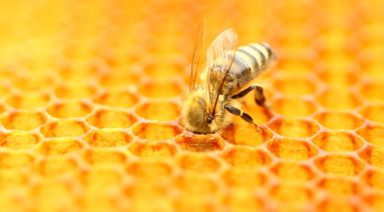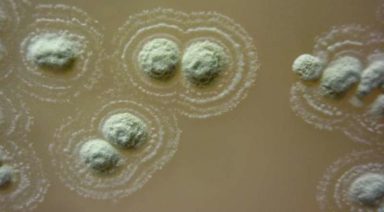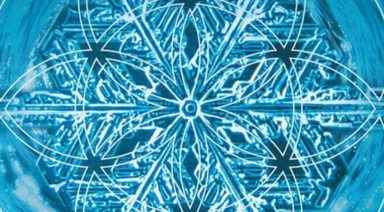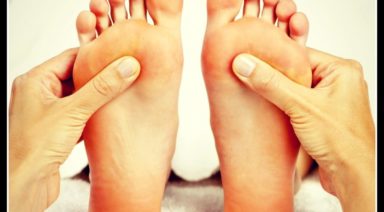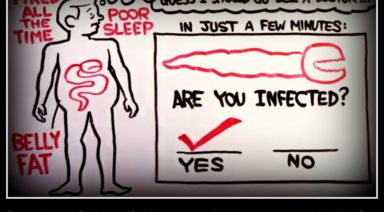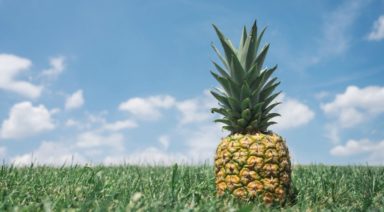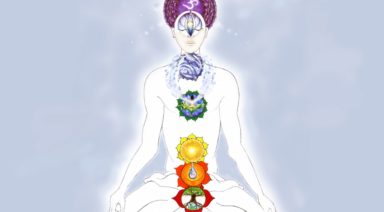Study Claims Humans Can Live to 150 Years Old? But What’s the Catch?

A new study on longevity says humans could live up to 150 years old. But does the science back up this claim?
A recent study by Singapore-based biotech firm GERO, examine the changes in blood cell counts and the number of steps taken by test subjects in the US, UK, and Russia. By studying these variables they found that people did not steadily decline as they age, but their resilience, or ability to bounce back from illness, stepped down over time. And barring disease or accidents, the maximum lifespan would be 150 years old when the body’s capacity for resilience would be exhausted.
Bill Andrews, president and CEO of Sierra Sciences, has studied anti-aging and telomeres for 30 years and is skeptical about this new claim.
“There have been at least five publications, and often times when I speak at conferences I’ll show those publications, in the last 25 years they’ve done a much better job of narrowing it down, and they’ve all come down to somewhere between 120 and 125 years,” Andrews said.
“Ok, so this new study that’s come out that claims 150 isn’t actually saying they’ve extended it out from 125 to 150, the accuracy of their data is not allowing them to give narrow answers. And when they contacted the press to make this press release about their study, they focused on the 150.”
Watch more:
Alternative Protocol Could Prevent, Reverse Alzheimer's Disease

Alzheimer’s disease is on the rise and has become one of the more alarming public health issues. But what if, by using a holistic approach to treating this disease, there was a way to prevent and reverse the onset of Alzheimer’s?
Researchers have studied the disease for over a century, and while they’ve come to understand the mechanisms that lead to Alzheimer’s, there haven’t been significant breakthroughs in finding a viable treatment to prevent patients’ decline into dementia and death. Dr. Ilene Naomi Rusk is a behavioral neuroscientist and co-director of the healthy brain program in Boulder, CO, who has focused her life’s work on the disease.
Dr. Rusk is one of many doctors who now ascribe to the protocols of Dr. Dale Bredesen, which shows that a personalized, holistic approach to Alzheimer’s can not only prevent the disease but even reverse its onset in early phases. But when she began her work, they were looking for one single cure.
“I started in this field in the ‘80s looking at single-targeted strategies for dementia thinking that there would be a silver bullet because that’s the way we thought — receptors, specificity, working with a targeted approach to one brain chemical, for example, acetylcholine would be the answer,” Dr. Rusk said. “It turns out, it isn’t the answer, so there’s a background. All of this new and exciting work in dementia is because we have a foundation of what doesn’t work. If you spoke to any neurologist, any neuropsychologist, any physician they would say ‘No, we don’t really have anything that’s disease-modifying for Alzheimer’s disease, and nothing that slows progression.’ It certainly lends credence to a new approach, and the new approach to me emerged in 2016 when I read a paper by Dr. Bredesen.”
In a proof-of-concept trial, Dr. Bredesen looked at 25 patients suffering from Alzheimer’s disease and evaluated their cognitive ability before and after they followed protocols that focused on a number of lifestyle and environmental factors believed to contribute to Alzheimer’s.



